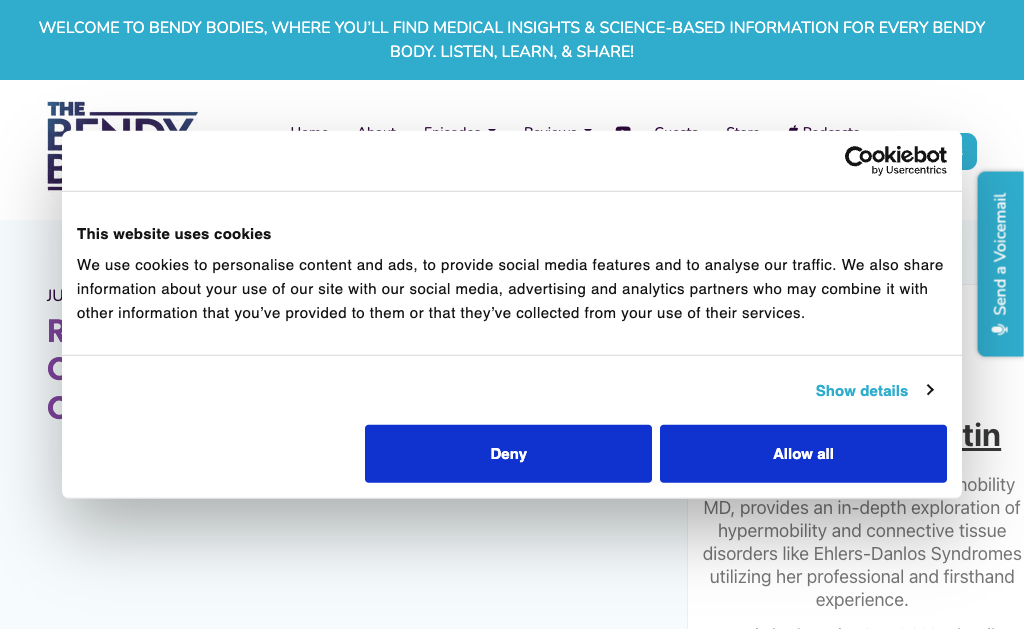Revising the Hypermobile EDS Criteria with Dr. Pradeep Chopra (Ep 154)
Dr. Pradeep Chopra discusses why the 2017 hypermobile EDS (hEDS) criteria are being revised and what clinicians and patients should expect. Key drivers include the overreliance on the Beighton score, which misses many adults, men, and people who have lost flexibility due to pain, injury, or surgery; the need to recognize life‑course changes (pediatric vs adult presentations); and the blurred boundary between hEDS and Hypermobility Spectrum Disorder (HSD). The revised approach is expected to emphasize clinical judgment, historical hypermobility, systemic features, family history, and characteristic complications, while using Beighton as one element rather than a gatekeeper. He cautions against overtesting (there is still no single genetic test for hEDS) and recommends targeted evaluation to rule out other heritable connective tissue disorders. Common comorbidities—POTS/dysautonomia, pain, and mast cell–related symptoms—are supportive context but not diagnostic by themselves. Until criteria are finalized, patients should not be denied care based on a strict score cutoff; management remains multidisciplinary and symptom-focused (stabilization/physiotherapy, pain and autonomic management, mast-cell–aware strategies, joint protection, and psychological support). The goal of the revision is clearer, more inclusive, and clinically practical criteria that improve diagnosis and access to care.
